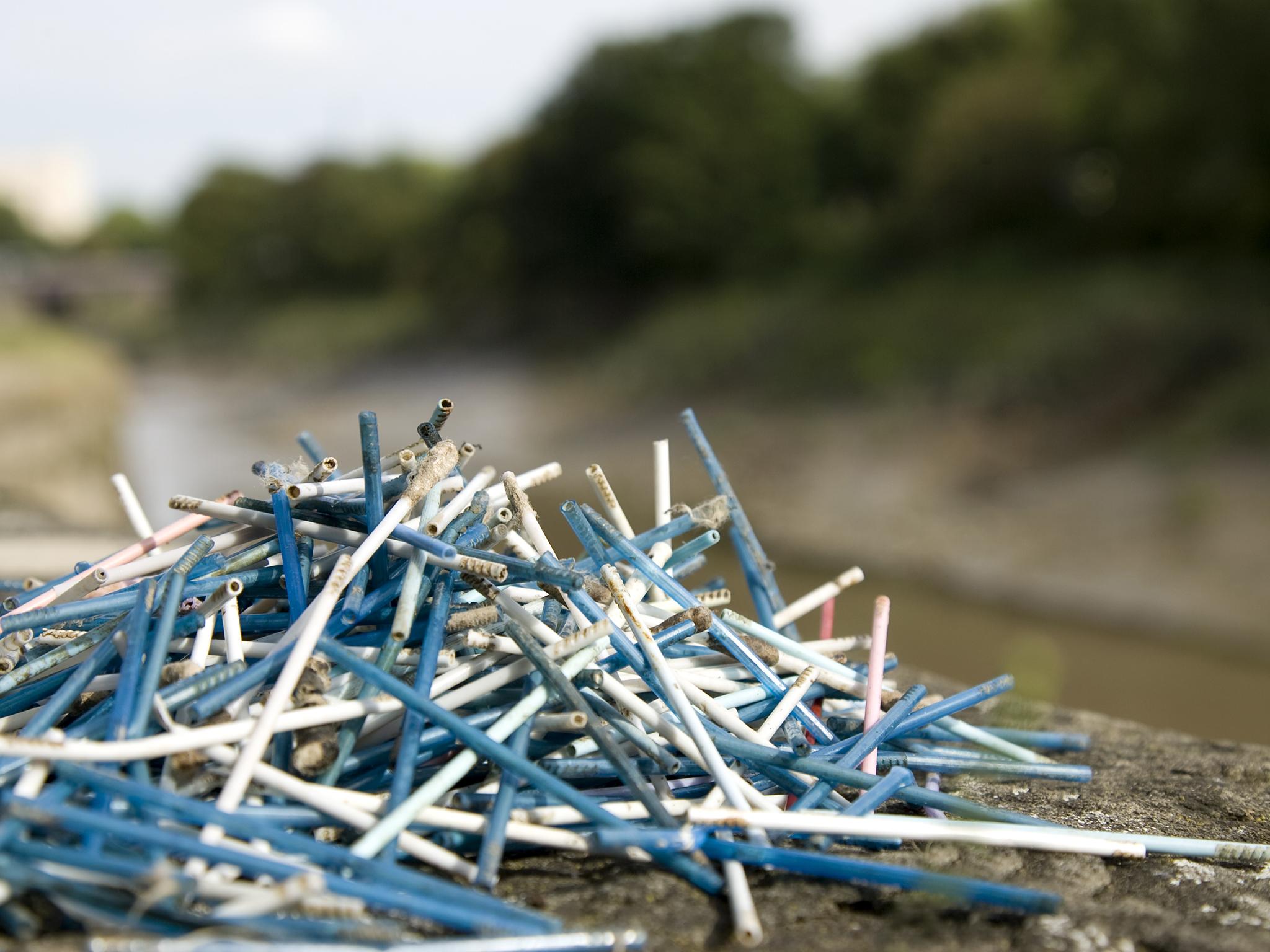Scotland to ban plastic cotton buds from being made
Items are among the most common pieces of litter found discarded on beaches

Your support helps us to tell the story
From reproductive rights to climate change to Big Tech, The Independent is on the ground when the story is developing. Whether it's investigating the financials of Elon Musk's pro-Trump PAC or producing our latest documentary, 'The A Word', which shines a light on the American women fighting for reproductive rights, we know how important it is to parse out the facts from the messaging.
At such a critical moment in US history, we need reporters on the ground. Your donation allows us to keep sending journalists to speak to both sides of the story.
The Independent is trusted by Americans across the entire political spectrum. And unlike many other quality news outlets, we choose not to lock Americans out of our reporting and analysis with paywalls. We believe quality journalism should be available to everyone, paid for by those who can afford it.
Your support makes all the difference.The sale and manufacture of plastic cotton buds is to be outlawed in Scotland as part of moves to tackle marine litter, the Scottish Government has announced.
Environment Secretary Roseanna Cunningham announced ministers plan to bring in legislation to introduce a ban – making Scotland the first part of the UK to legislate against the environmentally damaging items.
Plastic cotton buds are among the most common pieces of litter found discarded on beaches, and campaigners described the proposed ban as “great news for the environment and wildlife”.
A ban on plastic cotton buds could help cut marine plastic pollution in half, Friends of the Earth Scotland said.
The Scottish Government will now carry out a public consultation on the move.
Ms Cunningham said: “Banning plastic cotton buds would be a clear sign of our ambition to address marine plastics and demonstrate further leadership on this issue.
“Despite various campaigns, people are continuing to flush litter down their toilets. This has to stop.
“Scotland’s sewerage infrastructure collects and treats some 945 million litres of waste water each day.
“These systems are not designed to remove small plastic items such as plastic buds which can kill marine animals and birds that swallow them.
“These products are completely unnecessary as biodegradable alternatives are readily available.
“The need for action is clear and I would encourage everyone with an interest in safeguarding our natural environment to take part in the consultation when it opens.”
Dr Richard Dixon, director of Friends of the Earth Scotland, said: “This decisive action is great news for the environment and for wildlife. Cotton buds are a very visible sign of our hugely wasteful habits, turning up on beaches across the globe.
“Manufacturers and supermarkets are already moving in the right direction but this single measure will guarantee that Scotland cuts its contribution to marine plastic pollution in half.
“Following the plastic bag charge and the announcement of a deposit and return scheme for drinks’ bottles and cans, this is another good step on the way to a society which uses resources more sensibly.
“We look forward to further initiatives when the Government’s promised new group on single-use plastic containers, such as coffee cups, reports its work.”
Dr Lyndsey Dodds, head of marine policy at WWF, said: “Cotton buds are some of the most pervasive forms of marine pollution so a ban is very welcome and a step in the right direction.
“We know plastic is suffocating our seas and devastating our wildlife, with millions of birds, fish and mammals dying each year because of the plastic in our oceans.
“Plastics are also finding their way into the food we eat and the water we drink, so saving our oceans will require further ambitious action from governments, industry and consumers.”
Ms Cunningham revealed the proposals ahead of Prime Minister Theresa May announcing plans to eliminate all avoidable plastic waste within 25 years as part of the UK Government’s long-term environment plan.
PA
Join our commenting forum
Join thought-provoking conversations, follow other Independent readers and see their replies
Comments